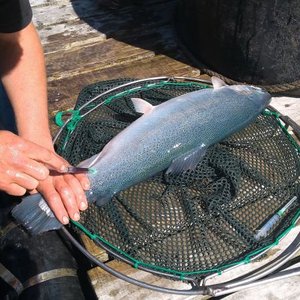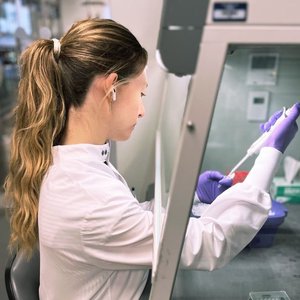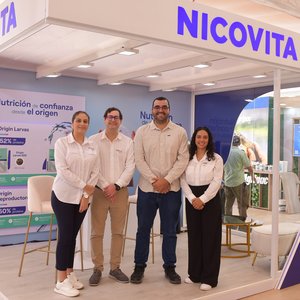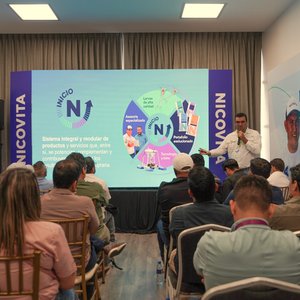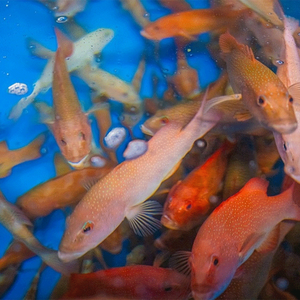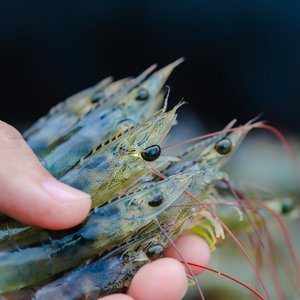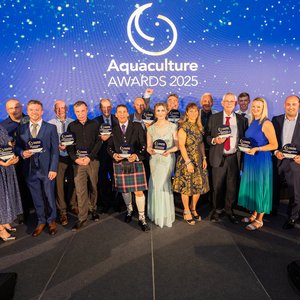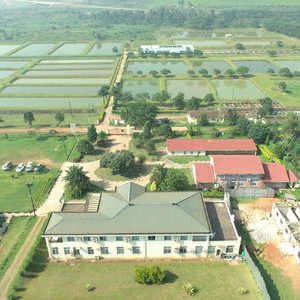Dublin City University (DCU) and the Atlantic Technology University are developing a device that will act as a point-of-care diagnostic test for diseases in aquaculture. The project will be supported by Catherine McManus, operations director of Mowi Ireland, who brings a wealth of knowledge about sustainable aquaculture.
The DCU element is led by Professor Enda McGlynn, working with Jennifer Gaughran, who will develop oxide-based nanostructures as a key part of a point-of-care diagnostic test for pathogenic infections within aquaculture farms.
The type of test is a lateral flow test like the COVID-19 test. The nanostructures will be made up of oxide nanorods, very thin, narrow structures with a high surface-to-volume ratio, providing a larger area for pathogens to adhere to.
“If you coat the material of a lateral flow assay with these nanostructures you can have a very high surface area, much more than a flat substrate would give you,” said McGlynn. “That gives a larger surface area for pathogens to stick to, and you can detect smaller amounts of disease which would allow for earlier intervention in the fishery.”
McGlynn explained that his lab will grow the nanostructures on substrates like nitrocellulose paper which can then be incorporated into the lateral flow test. Biorecognition elements (for example, antibodies) onto which gold nanoparticles are attached will specifically bind to pathogens and when a laser is scanned across them it creates a temperature change indicative of the pathogen presence. The more pathogen that is present, the larger the thermal signal that is produced.
The gold nanoparticle-antibody combination will only bind certain pathogens, determined by the antibody uses, targeting and sensing specific pathogens. The ability to develop a device that will detect the amount of pathogen and the types of pathogens will be at the center of this challenge.
The identification of pathogens on site will be a significant improvement over lab-based tests, as it will make the early diagnosis of disease possible. It is hoped that such early diagnosis will lead to lower losses of fish and increased sustainability.
“The hope is that by developing a point of care device to test for pathogens on site, it will mitigate losses and support husbandry decisions by avoiding spending the time sending off samples to the lab, and waiting for results,” said McGlynn.



